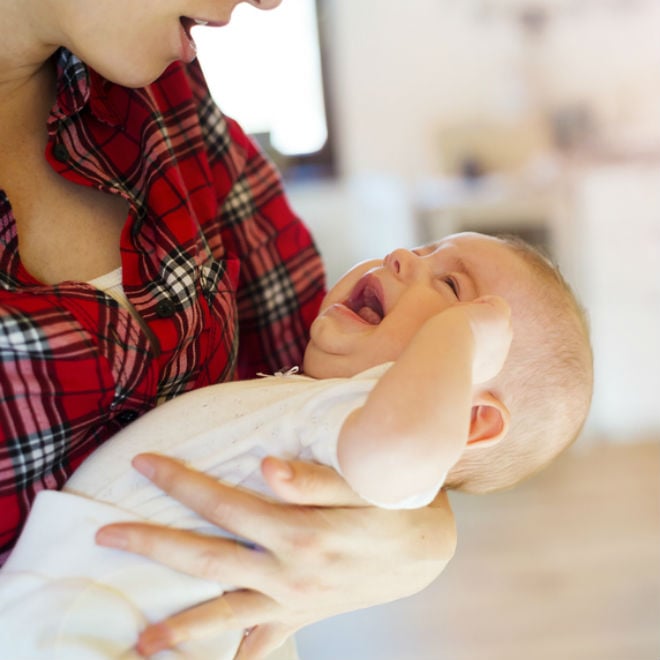 Source: bing.com
Source: bing.comAs a new parent, it can be overwhelming to navigate the different developmental stages of your baby. One of the most challenging stages is when your little one starts to experience separation anxiety. It’s a natural part of their development, but it can be difficult for them and you. In this blog post, we’ll explore when separation anxiety typically begins and how you can help your baby cope.
Table of Contents
What is Separation Anxiety?
Separation anxiety is a normal part of development, and it usually occurs when your baby is between 8 and 14 months old. During this stage, your baby becomes more aware of their surroundings and starts to understand that you and other caregivers are separate from them. They may become upset or anxious when you leave their sight, even if it’s just for a few minutes. This is because they don’t yet have the ability to understand that you’ll come back.
How to Recognize Separation Anxiety in Your Baby
It can be challenging to tell if your baby is experiencing separation anxiety or just having a bad day. However, there are a few signs you can look out for:
- Crying or fussing when you leave the room
- Clutching onto you or other caregivers when it’s time for you to leave
- Becoming more clingy than usual
- Acting out or becoming upset when you return after being away
If your baby is experiencing separation anxiety, these behaviors will likely be more intense and frequent than usual.
How to Help Your Baby Cope with Separation Anxiety
It’s important to remember that separation anxiety is a normal part of your baby’s development, and it will pass with time. However, there are a few things you can do to help your little one cope:
- Practice leaving your baby with a trusted caregiver for short periods of time
- Establish a goodbye routine, such as a hug and kiss before leaving
- Stay calm and confident when leaving your baby
- Provide a transitional object, such as a blanket or stuffed animal, to comfort your baby when you’re not there
Remember that your baby’s separation anxiety is not a reflection of your parenting skills. It’s a natural part of their development, and with patience and understanding, you can help your little one navigate this stage.
Conclusion
Separation anxiety is a normal part of your baby’s development, and it typically occurs when they are between 8 and 14 months old. It’s important to recognize the signs of separation anxiety and help your baby cope by practicing short separations, establishing a goodbye routine, and providing transitional objects. With patience and understanding, you can help your little one navigate this challenging stage.
Frequently Asked Questions:
- What causes separation anxiety in babies?
- How long does separation anxiety last in babies?
- What can I do to help my baby cope with separation anxiety?
- Is separation anxiety in babies a sign of a deeper problem?
- Can separation anxiety in babies be prevented?
Separation anxiety is a normal part of your baby’s development, and it usually occurs when they are between 8 and 14 months old. During this stage, your baby becomes more aware of their surroundings and starts to understand that you and other caregivers are separate from them. They may become upset or anxious when you leave their sight, even if it’s just for a few minutes. This is because they don’t yet have the ability to understand that you’ll come back.
Separation anxiety typically lasts for a few weeks to a few months, but it can vary from baby to baby. It’s important to remember that it’s a normal part of your baby’s development and that it will pass with time.
You can help your baby cope with separation anxiety by practicing short separations, establishing a goodbye routine, and providing transitional objects. It’s important to stay calm and confident when leaving your baby and to remember that separation anxiety is a normal part of their development.
Separation anxiety is a normal part of your baby’s development, and it’s not a sign of a deeper problem. However, if your baby’s separation anxiety is severe or lasts for an extended period of time, it may be a good idea to talk to your pediatrician.
Separation anxiety is a normal part of your baby’s development, and it cannot be prevented. However, you can help your little one cope by practicing short separations, establishing a goodbye routine, and providing transitional objects.
